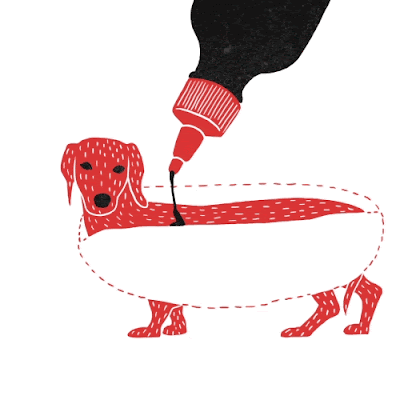Weight Gain
PATTI NEIGHMOND: I'm Patti Neighmond. As we age, our appetites may not change, but that can mean weight gain. Just ask Shirley. We can't use her last name because of privacy issues at UCLA, where she's taking part in a study. But Shirley has something to say that might sound familiar.
SHIRLEY: Weight is a very hard thing to lose. It's easier to gain it than it is to lose it. And I'm - I probably have never been as heavy as I am now.
NEIGHMOND: At 73 years old, Shirley says she is overweight, which is why when her doctor suggested she take part in a yoga study for seniors, she happily agreed. A few months later, she says, she saw big changes.
SHIRLEY: I had more endurance. I felt invigorated. When I left that class and I walked to my car, it was like the sun was shining and everything was terrific. So it made me feel very good.
NEIGHMOND: And she lost weight. You’ve heard it all before: Exercise is even more important as we age because of the biological changes that happen to all of us.
Dr. Cheryl Phillips is president of the American Geriatrics Society.
Dr. CHERYL PHILLIPS (President, American Geriatrics Society): Muscle mass, the amount of muscle we have in our body, decreases with age. So, if you look at a woman who is 70 years old and compare her to what her body was like at 25 years of age, even though the weight may be exactly the same, she had more percentage of muscle in her body when she was 25 than she does when she's 70.
NEIGHMOND: When younger muscle cells get damaged, they're quickly repaired. That's not the case with older muscles, according to UCLA geriatrician Dr. Jonathan Wanagat.
Dr. JONATHAN WANAGAT (UCLA Researcher and Geriatrician): We don't know why muscles become smaller and weaker as we get older. There's a lot of different theories that have looked at this. I think one of the ones that's become increasingly interesting and popular is the idea that the stem cells within the muscle are not able to respond to damage or to aging the way that they did when we were younger.
NEIGHMOND: And if damaged muscle cells aren't repaired, they sort of whittle away 減少and die, says Wanagat. So not only do we lose muscles cells as we age, the cells we're left with are sort of worn out.
Cheryl Phillips.
Dr. PHILLIPS: And if you think of muscles as being the energy powerhouse能量中心 of our body, that's where most of the calories are burned. That's also - when we talk about metabolism, what we're really talking about is how efficiently those powerhouse cells - the muscle cells of our body - burn the energy we bring in, and we know that energy as calories.
NEIGHMOND: And if you keep your caloric intake exactly the same, says Phillips, those unburned calories end up as fat. And that's where exercise comes in. UCLA's Wanagat says countless studies have shown exercise - even among individuals in their 80s - works.
Dr. WANAGAT: We know that exercise actually helps the muscle cells become bigger. And so there is an increase in the size of the muscles that happens with exercise, even in older individuals. But we also know that it makes the muscles stronger sort of separately from that increase in size.
NEIGHMOND: At UCLA, geriatrician 老人病科Dr. Gail Greendale has just started another yoga study with seniors to try to figure out what yoga poses work best for the older body.
Dr. GREENDALE: What are the muscles and joint forces generated by each yoga pose, and will these muscle and joint forces be strong enough to be a training stimulus - that is to say, make people stronger.
NEIGHMOND: Without injury. Which is especially important due to another phenomenon of aging: Greendale says the immune system can get out of whack,出問題 turning on an inflammatory response發炎反應 when there's no bacterium or virus to kill, or keeping it on long after the body's invaders have left.
Dr. GREENDALE: An inflammatory cell is there to destroy another cell. So if it's on and there's no invader to destroy, it will damage your own cells. Wherever the inflammation is going on, it can actually damage the cells of that part of the body.
NEIGHMOND: Causing more problems to aging joints. Greendale's yoga study is getting underway now.
Patti Neighmond, NPR News.










留言
張貼留言